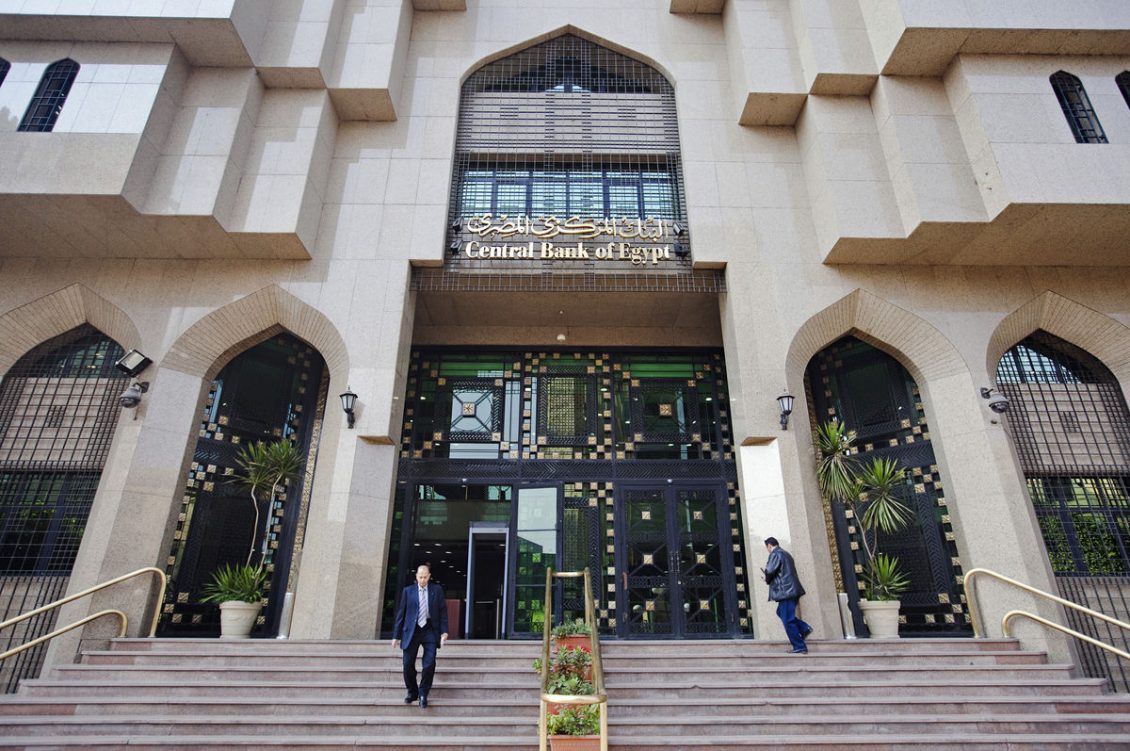Egypt’s central bank has retained its key interest rates on Thursday, ascribing its decision to September’s inflation readings.
The decision signals confidence the Egyptian central bank has well-placed to get through the potential effects of the U.S. Federal Reserve tapering and a spike in global inflation.
The central bank’s Monetary Policy Committee (MPC) has kept the overnight deposit rate, overnight lending rate, and the rate of the main operation with no change at 8.25 percent, 9.25 percent, and 8.75 percent, respectively.
The discount rate was also on hold at 8.75 percent.
In September, Egypt’s annual headline urban inflation increased to 6.6 percent from 5.7 percent in August. In addition, annual core inflation rose to 4.8 percent in September from 4.5 percent in August.
“Annual headline inflation rates were affected by unfavourable base effects during September 2021 as expected as well as strong monthly dynamics mainly related to higher tomato prices.” the MPC said in a statement.
“Accordingly, the acceleration in September 2021 was mainly driven by higher annual contribution of food items. Annual food inflation increased for the fifth consecutive month to 10.6 percent in September 2021 from 6.6 percent in August 2021.”
“Meanwhile, partially offsetting this acceleration, is the decline in annual nonfood inflation to 4.9 percent in September 2021 from 5.3 percent in August 2021, which is the lowest recorded level since December 2012.”
Egypt’s GDP growth recorded 7.7 percent in the second quarter of 2021 compared to 2.9 percent during the preceding quarter.
“Economic growth in 2021 Q2 was driven by the strong positive contributions of gross domestic investments as well as that of consumption. On a sectoral level, tourism, non-petroleum manufacturing and natural gas extractions contributed most towards growth in economic activity with private sector activity remaining the main contributor towards overall GDP growth.”
Egypt’s unemployment rate registered 7.3 percent in the second quarter compared to 7.4 percent during the preceding quarter. Along the near outlook horizon, economic activity is expected to record robust growth figures, driven by domestic demand, which will also be impacted by favourable base-effects.
“Global economic activity continues to recover from the COVID-19 pandemic, but has shown some signs of slowdown due to global supply chain disruptions. Additionally, prospects of global economic recovery remain contingent on the efficacy of vaccines and the ability of countries to contain the spread of the virus, in light of the emergence of newer variants.”
The MPC also said the global financial conditions are expected to remain accommodative and supportive of economic activity over the medium-term.
“International prices for oil have continued to increase driven by both supply and demand factors. In the meantime, international prices for commodities such as food and select minerals have continued to increase but at a slower rate.”
“Against this background, the MPC decided that keeping policy rates unchanged remains consistent with achieving the inflation target of 7 percent (±2 percentage points) on average in 2022 Q4 and price stability over the medium term.”
The MPC further said it closely monitors all economic developments and will not hesitate to utilise all available tools to support the recovery of economic activity, within its price stability mandate.
